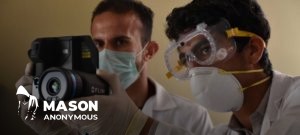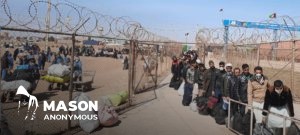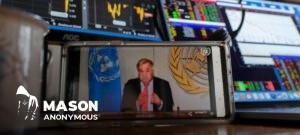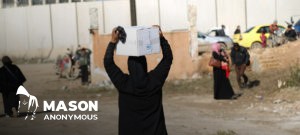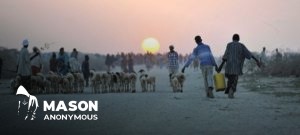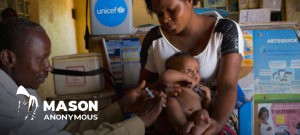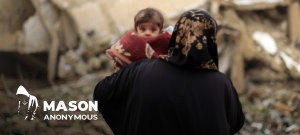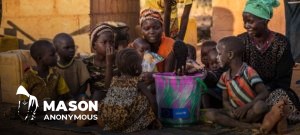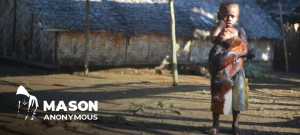“We need the kind of sustained period of calm that a nationwide ceasefire would ensure because we need cooperation to take place across the front-lines that riddle Syria’s territory – and this is needed not tomorrow, but now”, Geir Pedersen said in a videoconference with Security Council members.
Years of conflict have degraded or destroyed the healthcare system, the UN envoy pointed out, stressing that that the virus does not care if you live in government-controlled areas or outside; “it endangers all Syrians”.
Given large scale population movements, dangerously cramped conditions in multiple camps for the internally displaced, informal settlements, and places of detention, he voiced concern that “Syria is at high risk of being unable to contain the pandemic”.
Coronavirus Portal & News Updates
Readers can find information and guidance on the outbreak of the novel coronavirus (2019-nCoV) from the UN, World Health Organization and UN agencies here. For daily news updates from UN News, click here.
Moreover, weak or absent governance, a hollowed-out health system, and shortages of health professionals, medical equipment and supplies, only add to the crisis.
Working towards peace
Noting that agreements in the northeast broadly continued to hold, the UN envoy maintained that the current arrangements are far from ideal for the front-line response demanded by the COVID-19 outbreak.
Mr. Pedersen expressed his readiness to work with the Syrian Government, the opposition, all relevant players on the ground, and key countries with influence, to support a scaling-up of action in a bid to ensure the ceasefire holds.
“It will not be easy, and there are no guarantees”, he said, “but the Syrian people desperately need everyone to focus on their welfare now”.
He closed with the hope that if key players engage with UN appeals, everyone can “work urgently in a common effort”.
“This, in turn, would definitely help in the effort on the political track to implement Security Council resolution 2254”, which calls for a ceasefire and political settlement in Syria”.
“I am convinced this is the only way forward”, he concluded.
‘Tip of the iceberg’
Emergency Relief Coordinator Mark Lowcock told Security Council members that as of Monday morning, ten cases of COVID-19 had been confirmed in Syria, including one death.
“Judging from other places”, he said, this is the tip of the iceberg, with the virus having the potential to have a devastating impact on vulnerable communities across the country”.
He added that humanitarian needs remain “enormous”, with UN data showing clear evidence of deteriorating conditions since December.
“We are for example seeing increased rates of stunting – a consequence of child malnutrition, from which it is rarely possible fully to recover”, said Mr. Lowcock, citing that almost three-out-of-ten displaced children in northwest Syria under the age of five are suffering in this fashion.
“They will live with the consequences for the rest of their lives”.
Grim anniversary
This month the conflict entered its tenth year. And, the UN relief chief pointed out that over the past nine years, half the population has been forced to flee their homes, more than 11 million people inside Syria require humanitarian assistance, including nearly five million children.
Nearly eight million lack reliable access to food; and people throughout the country are finding it harder and harder to make ends meet.
“An economic crisis, mostly a result of the war but in part also a consequence of developments elsewhere in the region, have led to price hikes…forcing people to resort to ever-more negative coping mechanisms”, he informed, adding that measures to stem COVID-19 will also affect the economic situation.
“The UN-supported humanitarian response operation continues to respond to needs throughout the country”, updated Mr. Lowcock, enumerating that six million people each month were assisted last year, including 4.5 million with food aid; nearly eight million with emergency water, sanitation and hygiene; education assistance went to almost five million students and teachers; as well as roughly 26 million medical procedures.
Meanwhie, Karen Abuzayd, Member of the Independent International Commission of Inquiry on the Syrian Arab Republic, recorded the video below on the effects of COVID-19 in Syria.
